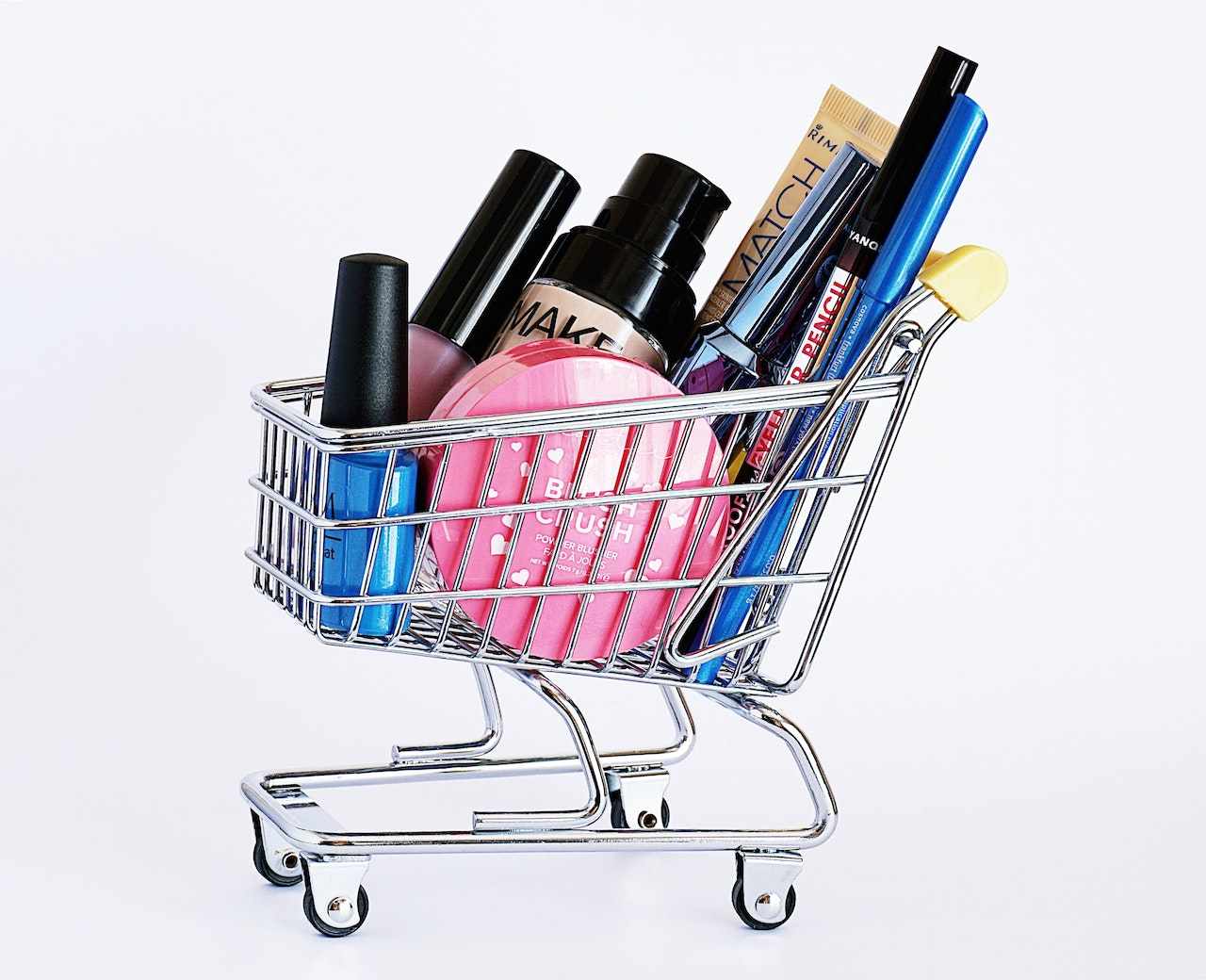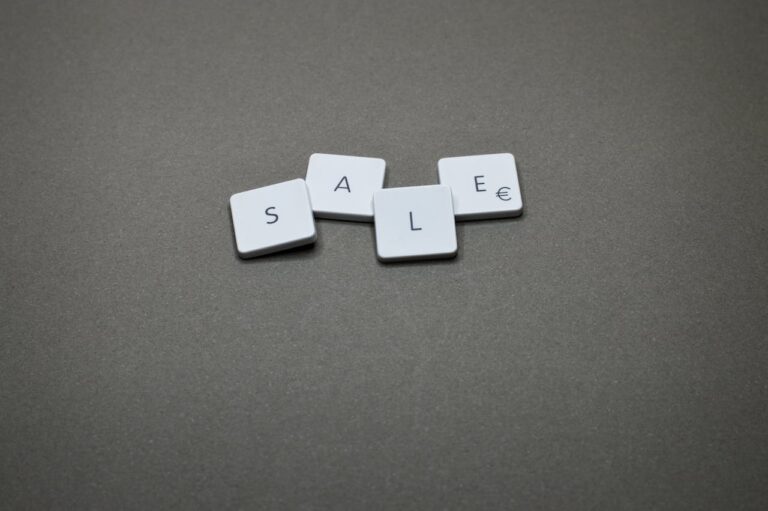
Analysis Etsy Themarkup – In recent years, e-commerce platforms have faced a growing challenge in ensuring that their marketplaces are free from counterfeit products. One such platform, Etsy, has been the subject of scrutiny following an investigation by The Markup, an independent newsroom that investigates how technology is shaping society. The investigation found that despite Etsy’s policies against selling counterfeit items, a significant number of counterfeit products were still being sold on the platform. In this blog, we will take a closer look at The Markup’s investigation of Etsy and its implications for the platform.
The Investigation
The Markup conducted an investigation of Etsy’s marketplace between October 2020 and February 2021, analyzing over 1,000 listings for branded products. The investigation found that 20% of the listings were for counterfeit items, including popular brands such as Nike, Louis Vuitton, and Gucci. In addition, the investigation found that many sellers of counterfeit products had been operating on Etsy for years and had multiple listings for such products.
Etsy’s Response
Etsy has responded to The Markup’s investigation by stating that it takes the issue of counterfeit products seriously and that it has implemented various measures to address it. The platform has a policy against the sale of counterfeit products, and it has a team dedicated to monitoring and removing such products. In addition, Etsy has implemented a program called the Brand Registry, which allows verified brands to report and remove listings for counterfeit products.
However, The Markup’s investigation found that Etsy’s efforts to combat counterfeit products were insufficient. The investigation found that many of the counterfeit products were still available on the platform even after being reported by brand owners. In addition, many sellers of counterfeit products were able to continue operating on the platform, despite being reported multiple times.
The Implications
The Markup’s investigation has raised concerns about the effectiveness of Etsy’s policies and measures to combat counterfeit products. It has also highlighted the challenges that e-commerce platforms face in policing their marketplaces. Counterfeit products not only harm the legitimate brand owners but also undermine the trust of consumers in the platform. If consumers feel that they cannot trust the authenticity of products sold on Etsy, they may choose to shop elsewhere, which could hurt Etsy’s business.
The investigation has also raised questions about the responsibility of e-commerce platforms in ensuring the authenticity of products sold on their marketplaces. While Etsy has a policy against the sale of counterfeit products, it may not be enough to ensure that all products sold on the platform are authentic. The investigation has also highlighted the need for stronger measures to combat counterfeit products, such as more proactive monitoring and enforcement, and greater collaboration with brand owners.
Conclusion
The investigation by The Markup has shed light on the issue of counterfeit products on Etsy’s marketplace and has raised concerns about the effectiveness of the platform’s policies and measures to combat them. It has also highlighted the challenges that e-commerce platforms face in policing their marketplaces and the need for stronger measures to combat counterfeit products. As e-commerce continues to grow, it is likely that the issue of counterfeit products will remain a challenge for platforms like Etsy. However, with greater collaboration between platforms and brand owners, and more proactive monitoring and enforcement, it is possible to reduce the prevalence of counterfeit products and ensure the authenticity of products sold on these platforms.
FAQs
- What are counterfeit products?
Counterfeit products are fake or imitation products that are designed to look like genuine products.
- Why are counterfeit products a problem?
Counterfeit products harm the legitimate brand owners and undermine the trust of consumers in the platform. They may not meet safety and quality standards, putting consumers at risk.
- What is Etsy doing to combat counterfeit products?
Etsy has a policy against the sale of counterfeit products, and it has implemented various measures to address the issue, including a team dedicated to monitoring and removing counterfeit products and a program called the Brand Registry.
- How can consumers protect themselves from buying counterfeit products on Etsy?
Consumers can protect themselves by being vigilant, checking the seller’s policies, looking for reviews and ratings, and being wary of prices that seem too good to be true.
- What can e-commerce platforms do to ensure the authenticity of products sold on their marketplaces?
E-commerce platforms can ensure authenticity by implementing stronger measures, such as more proactive monitoring and enforcement, and greater collaboration with brand owners. They can also educate sellers and consumers about the dangers of counterfeit products and the importance of buying and selling authentic products.












